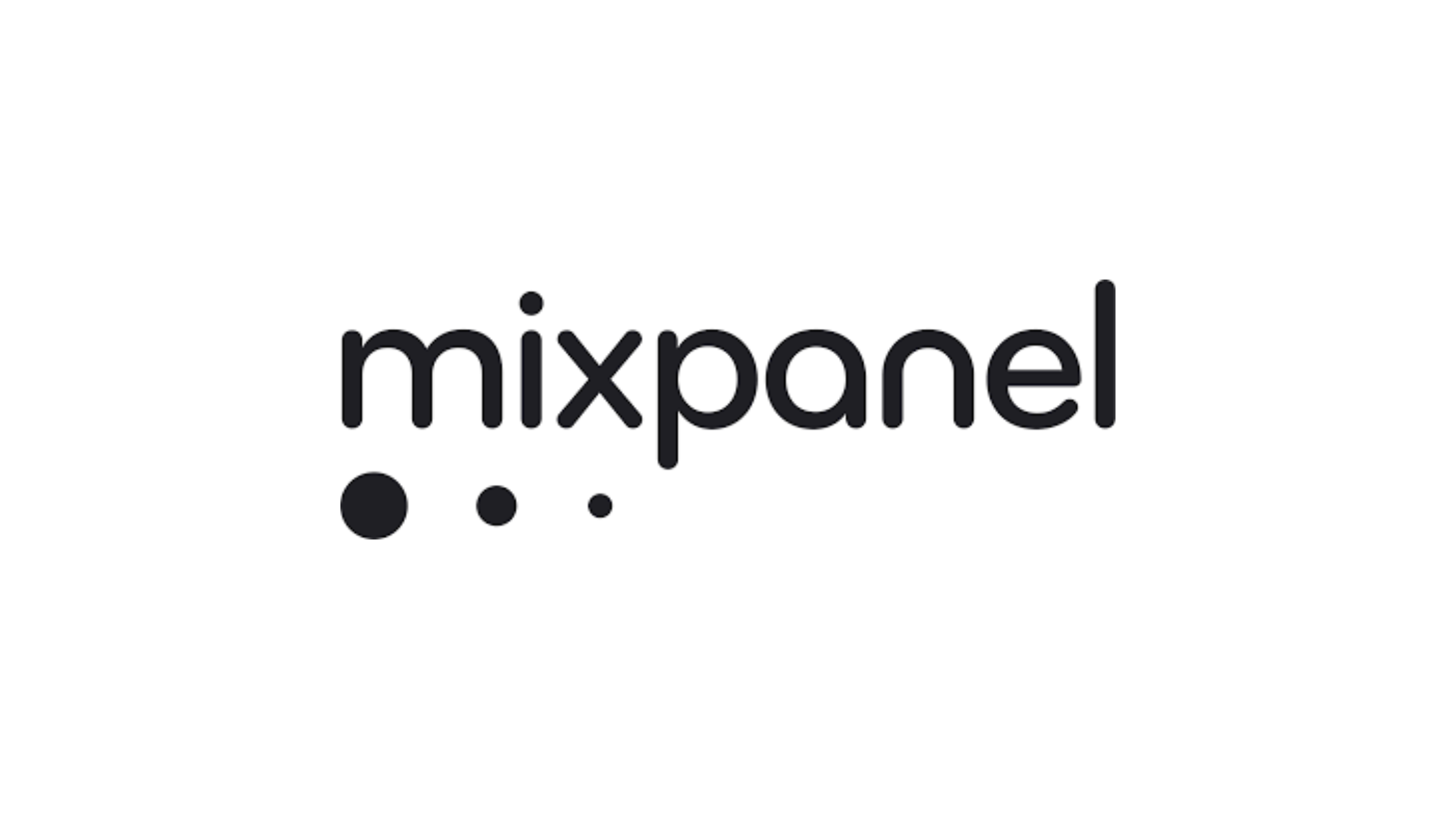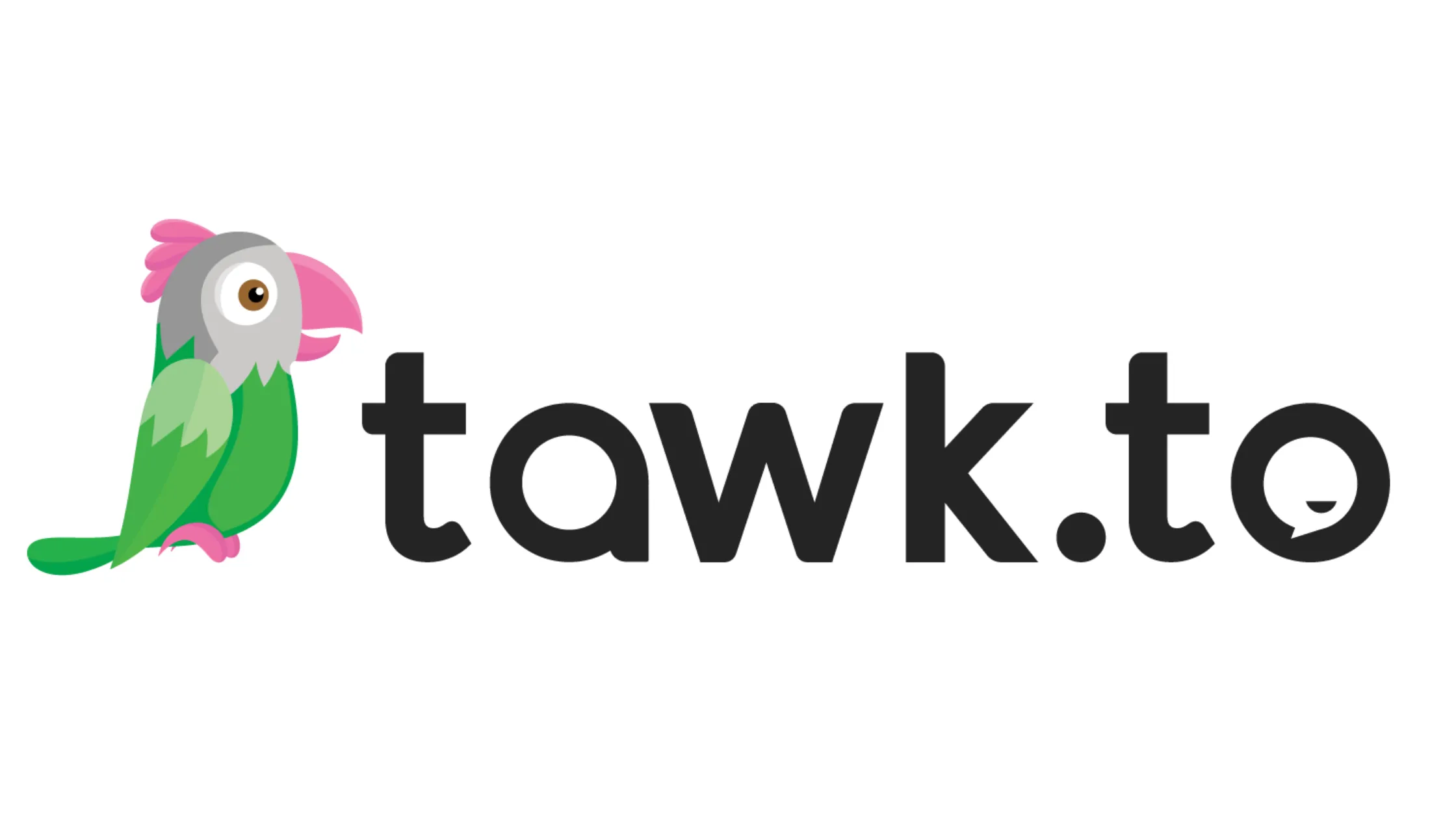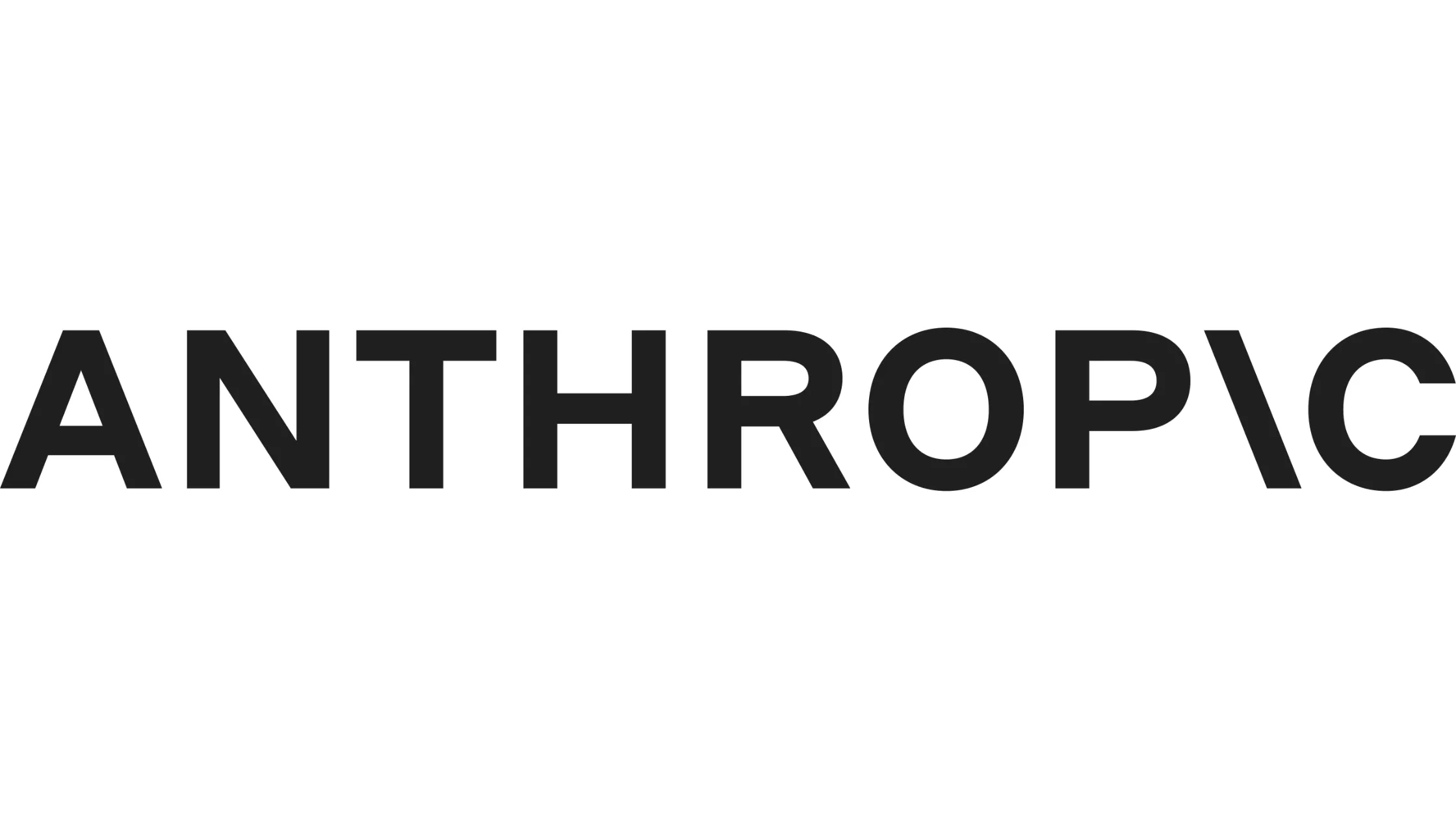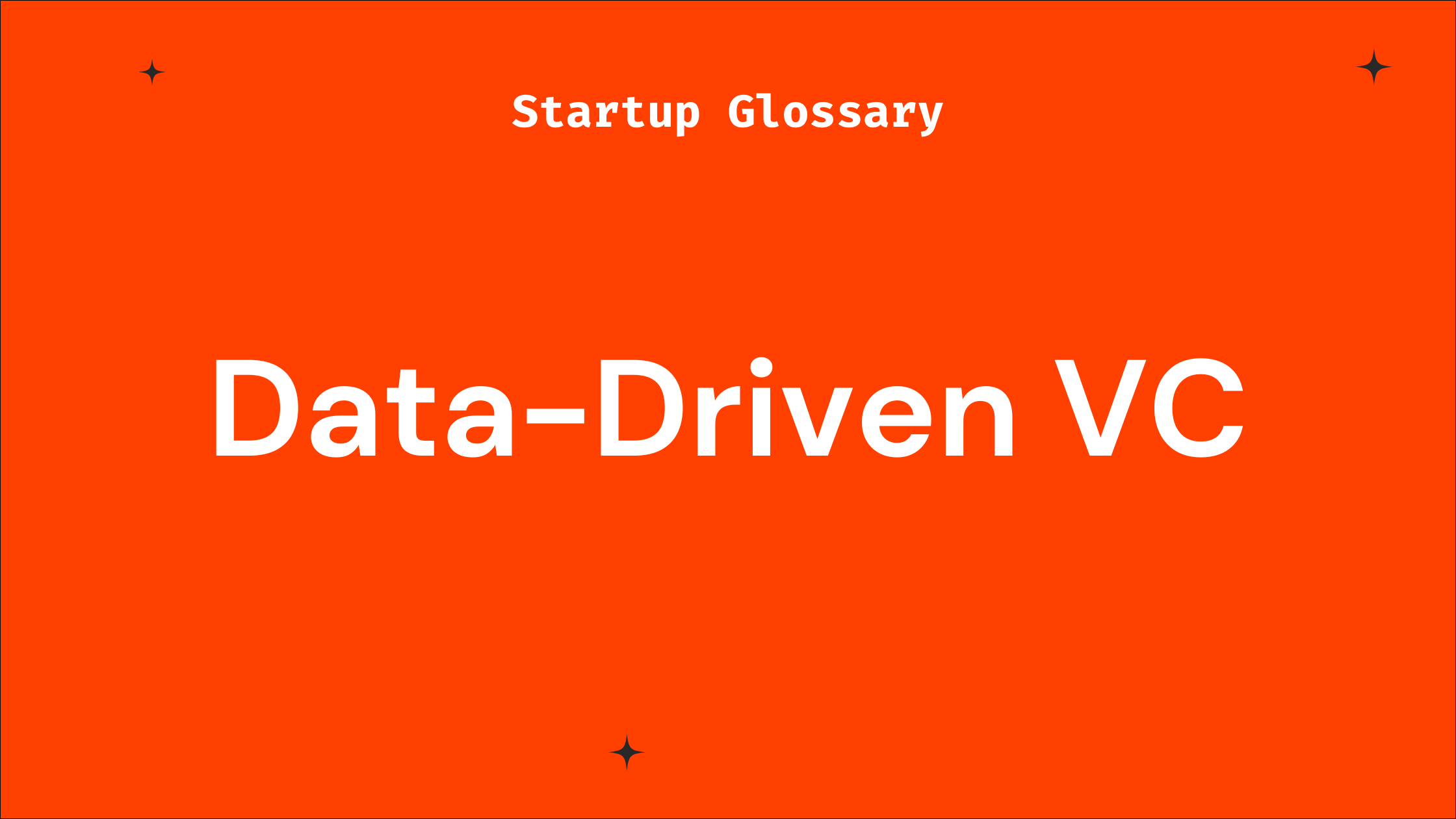
Flutterflow
Learn how Flutterflow empowers early-stage startups to build and launch mobile and web apps quickly, cost-effectively, and with minimal coding experience.
If you’re an early-stage founder, you know how crucial it is to quickly validate your ideas. With limited resources, you need tools that help you build fast without sacrificing quality. That’s where Flutterflow comes in. Flutterflow is a low-code platform that allows you to design, build, and deploy mobile and web applications without needing an army of developers. It’s especially great for startups that need to get an MVP up and running quickly, but without cutting corners on user experience.
What Is Flutterflow?
Flutterflow is built on top of Google’s Flutter framework, which means you’re getting the best of both worlds: a simple, visual interface to build apps and the power of native code in the background. Think of it as a toolkit for designing highly functional mobile apps without having to write a line of code (though you still have that option if you want!). It’s perfect for startups that need speed without compromising on performance.
How Does Flutterflow Work?
At its core, Flutterflow is designed to help non-technical founders (and even technical ones) create apps by dragging and dropping elements like buttons, text boxes, and forms. You don’t need to worry about the backend either—Flutterflow integrates seamlessly with databases like Firebase, allowing you to focus on your app’s functionality rather than its infrastructure.
How Can Flutterflow Benefit Your Startup?
1. Rapid Prototyping
Time is of the essence for startups, and Flutterflow is built for speed. You can prototype an app in hours instead of weeks, gather user feedback quickly, and iterate on your product with ease. This means you’re always ahead of the curve, testing new features and optimizing your product for real users without draining your resources.
2. Cost-Effective Development
Hiring a team of developers can cost tens of thousands of dollars, but with Flutterflow, you can cut those costs significantly. The platform is affordable, and because it requires little to no coding, your in-house team can take over most of the app-building process. For startups, this means saving money without sacrificing quality.
3. Cross-Platform Support
Flutterflow builds apps for both Android and iOS simultaneously, meaning you don’t need to worry about developing separate apps for different platforms. This is huge for startups that want to reach the widest possible audience in the shortest amount of time.
4. Built-in Integrations
Integrating APIs, payment gateways, and third-party services can be a headache for founders, but Flutterflow simplifies it. It supports numerous third-party integrations right out of the box, making it easier for your startup to scale when you’re ready.
Real-World Examples of Startups Using Flutterflow
Startups from all industries are finding success with Flutterflow. Whether you're building a marketplace, a SaaS platform, or even a healthtech solution, the flexibility and speed of Flutterflow make it ideal for any startup looking to launch quickly. Let’s take a look at a few examples:
E-commerce Marketplaces
We’ve seen founders use Flutterflow to launch their MVPs for digital marketplaces within weeks. By rapidly developing and iterating on user flows, payment gateways, and product listings, they can test business models before making large investments in custom development.
Healthtech Solutions
Flutterflow’s Firebase integration allows healthtech startups to store and manage sensitive data securely. Whether you're building an app for patient management or a tool for doctors to track patient progress, Flutterflow helps you bring your vision to life quickly while maintaining security and compliance.
B2B SaaS Platforms
With its powerful backend integrations, Flutterflow enables startups to build out SaaS platforms without the hassle of managing multiple tech stacks. The ability to quickly integrate APIs and third-party tools makes it easier to deliver features that B2B customers expect.
How to Get Started with Flutterflow
Ready to dive in? Getting started with Flutterflow is as simple as signing up on their platform, choosing a template, and building your app with a visual editor. You can start with a free tier to test out basic features or upgrade to unlock advanced capabilities such as custom code and full app deployment.
A Few Tips for First-Time Users
- Experiment with Templates: Flutterflow offers a variety of pre-built templates that are perfect for getting started. You can modify them to suit your needs and cut down on build time.
- Leverage Firebase Integration: For managing your app’s backend, Flutterflow’s tight integration with Firebase will allow you to handle data, user authentication, and even push notifications seamlessly.
- Iterate Fast: Don’t be afraid to release your MVP quickly and gather feedback. Flutterflow’s speed is a game-changer when it comes to testing and iterating based on user input.
Why Horizon Labs Loves Flutterflow
At Horizon-Labs.co, we’ve worked with countless startups, and we know the importance of speed, efficiency, and cost-effectiveness. Flutterflow checks all those boxes for our clients. Whether you’re launching your MVP or adding features to a product that’s already live, Flutterflow allows us to move fast and deliver polished, high-quality apps. Plus, if you ever outgrow the platform, we can seamlessly transition you to custom-built solutions without losing momentum.
Why Horizon Labs is Your Go-To Partner for Flutterflow Projects
At Horizon Labs, we understand the needs of early-stage founders. Whether you’re testing the waters with a brand-new concept or need to accelerate your product development, our team is here to help you make the most out of tools like Flutterflow. We’ve worked with numerous startups at all stages, providing the engineering expertise and strategic advice you need to succeed. From MVPs to fully customized platforms, we’re dedicated to helping you build your vision fast and at a fraction of the cost.
Contact us today at info@horizon-labs.co or schedule a free consultation at horizon-labs.co/contact to see how we can help you build your startup’s next great product! Let’s create something impactful together.
Frequently Asked Questions (FAQs) about Flutterflow:
Q: Is Flutterflow suitable for non-technical founders?
A: Absolutely. Flutterflow was designed with non-technical users in mind. Its drag-and-drop interface allows founders to build complex mobile and web applications without needing to write code. However, for those who want more customization, Flutterflow also provides the option to add custom code snippets when necessary.
Q: Does Flutterflow only support mobile app development?
A: No, Flutterflow supports both mobile and web app development. You can create fully functional Android, iOS, and web applications from a single codebase, which is great for startups that need to quickly reach users across different platforms.
Q: Can I integrate third-party APIs and services in Flutterflow?
A: Yes, Flutterflow has robust API integration capabilities. Whether you need to integrate payment gateways like Stripe, third-party authentication services, or custom REST APIs, Flutterflow makes it easy to add these features to your app without extensive backend development.
Q: How scalable is a Flutterflow-built app?
A: Apps built with Flutterflow are highly scalable because they are based on Flutter, a framework developed by Google. This means your app will be able to handle growth in users and data over time. For startups that expect rapid growth, Flutterflow provides the scalability needed to meet increasing demand without requiring a complete rebuild.
Q: What kind of community support does Flutterflow offer?
A: Flutterflow has a growing and active community of developers, founders, and product builders. You can access a wealth of tutorials, documentation, and forums for troubleshooting and advice. Additionally, Flutterflow offers customer support to help you overcome any challenges as you build your app.
Q: Can Flutterflow handle real-time data updates?
A: Yes, Flutterflow works seamlessly with real-time databases like Firebase. This makes it ideal for apps that require real-time features, such as live chat, notifications, or activity feeds. You can easily set up your app to display real-time data to users with minimal configuration.
Q: Is it possible to export code from Flutterflow?
A: Yes, one of the advantages of Flutterflow is that you can export the code for your app at any time. This allows you to customize the app further or move to a fully custom development setup when needed. The exported code is clean and well-structured, making it easy to work with if you decide to involve developers later on.
Q: Can I build a production-ready app with Flutterflow?
A: Definitely. Flutterflow allows you to create production-ready apps that you can publish directly to the App Store, Google Play, or the web. With features like custom code, API integrations, and Firebase support, you can build fully functional, scalable apps that are ready for market.
Q: How does Flutterflow compare to other low-code platforms?
A: Flutterflow stands out because it is built on Google's Flutter framework, providing access to native performance and a powerful UI toolkit. While other low-code platforms may focus on web or hybrid apps, Flutterflow offers a more robust solution for both mobile and web development with cross-platform capabilities. This makes it particularly appealing for startups that want native app performance without hiring a full engineering team.
Q: Is there a free version of Flutterflow available?
A: Yes, Flutterflow offers a free tier with basic functionality, which is perfect for startups that are just starting to prototype their app. However, to unlock more advanced features like custom code, API integrations, and app deployment, you’ll need to upgrade to a paid plan.
Q: How easy is it to transition from Flutterflow to a fully custom codebase?
A: One of the key advantages of Flutterflow is that you can export your app’s code at any time. If your startup reaches a point where you need more advanced customizations, you can transition to a fully custom codebase by exporting the Flutter code. The exported code is clean and well-documented, making it easier for developers to pick up and continue building from where Flutterflow left off.
Q: Can I update my app after it's been published using Flutterflow?
A: Yes, Flutterflow makes it easy to update your app after it’s been deployed. You can make changes to your app in the platform’s visual builder and quickly push updates to the app stores or the web without a lengthy redeployment process. This is especially useful for startups that need to iterate rapidly based on user feedback.
Q: What kind of security measures does Flutterflow provide?
A: Flutterflow takes security seriously by leveraging Google’s Firebase as its primary backend, which provides strong security features like authentication, data encryption, and real-time database rules. You can implement authentication methods such as email/password, social logins, or third-party auth services to secure your app and ensure that user data is protected.
Q: Is Flutterflow suitable for building apps that require heavy customization?
A: Yes, while Flutterflow is a low-code platform, it offers the flexibility to incorporate custom code when needed. This is ideal for startups that need to quickly prototype but also require specific custom features that go beyond the platform’s visual builder. You can add custom widgets, integrate third-party libraries, and extend the app’s functionality with code as your needs evolve.
Q: Does Flutterflow provide analytics and performance tracking tools?
A: While Flutterflow itself doesn’t provide built-in analytics, it integrates seamlessly with Firebase, which allows you to track user behavior, app performance, and crash reports. Firebase Analytics can be used to gain insights into how your users interact with your app, enabling you to make data-driven decisions about improvements and new features.
Q: Can Flutterflow be used to create offline-capable apps?
A: Yes, with the proper setup using Firebase or another backend service, Flutterflow can create apps that function offline. This is particularly beneficial for startups building applications that need to be accessible even in low-connectivity areas.
Whether you're validating an idea, scaling an existing product, or need senior engineering support—We help companies build ideas into apps their customers will love (without the engineering headaches). US leadership with American & Turkish delivery teams you can trust.
Need Developers?
We help companies build ideas into apps their customers will love (without the engineering headaches). US leadership with American & Turkish delivery teams you can trust.
















For Startups & Founders
We've been founders ourselves and know how valuable the right communities, tools, and network can be, especially when bootstrapped. Here are a few that we recommend.

Mistakes to Avoid When Building Your First Product
Learn the key mistakes founders make when building their first product—and how to avoid them for a faster, smoother launch.
Read more
The Rise of AI in Product Development: What Startups Need to Know
Learn how AI is transforming product development for startups. From MVPs to scaling, here’s what founders need to know in today’s AI-driven world.
Read more
No-Code vs. Custom Development: Which is Right for Your Startup?
Weighing no-code vs. custom development? Learn which is right for your startup depending on stage, budget, and product complexity.
Read more
What is Mixpanel?
Learn how Mixpanel helps startups track user behavior to improve products and accelerate growth with clear data-driven insights.
Read more
How Tawk.to Can Boost Your Startup’s Customer Support Game
Learn how Tawk.to can benefit startups by enhancing customer support and engagement. Perfect for early-stage founders!
Read more
Grow Your Startup With Anthropic's AI-Powered Tools
Discover how Anthropic's cutting-edge AI tools can accelerate your startup's success. Learn about their benefits and see why they can be trusted by startups.
Read more
What is Data-Driven VC?
Learn what a data-driven VC means and how such investors can benefit your startup’s growth and fundraising journey.
Read more
What is Blockchain?
A beginner-friendly guide on blockchain for startup founders, covering key concepts, benefits, challenges, and how to leverage it effectively.
Read more
What is Cybersecurity?
Learn cybersecurity basics tailored for startup founders. Understand key risks, best practices, and how to protect your startup from tech threats.
Read more
What is Seedcamp?
Learn what Seedcamp is, how its European seed fund and accelerator program work, and how founders can use its capital, mentorship, and network to scale their st
Read more
What is AngelList?
AngelList is a prime platform connecting startup founders to investors, talent, and resources to accelerate early-stage growth.
Read more
What is 500 Startups?
Learn what 500 Startups (now 500 Global) is, how its accelerator and seed fund work, and when founders should consider it—plus tips for early-stage startups.
Read more.webp)